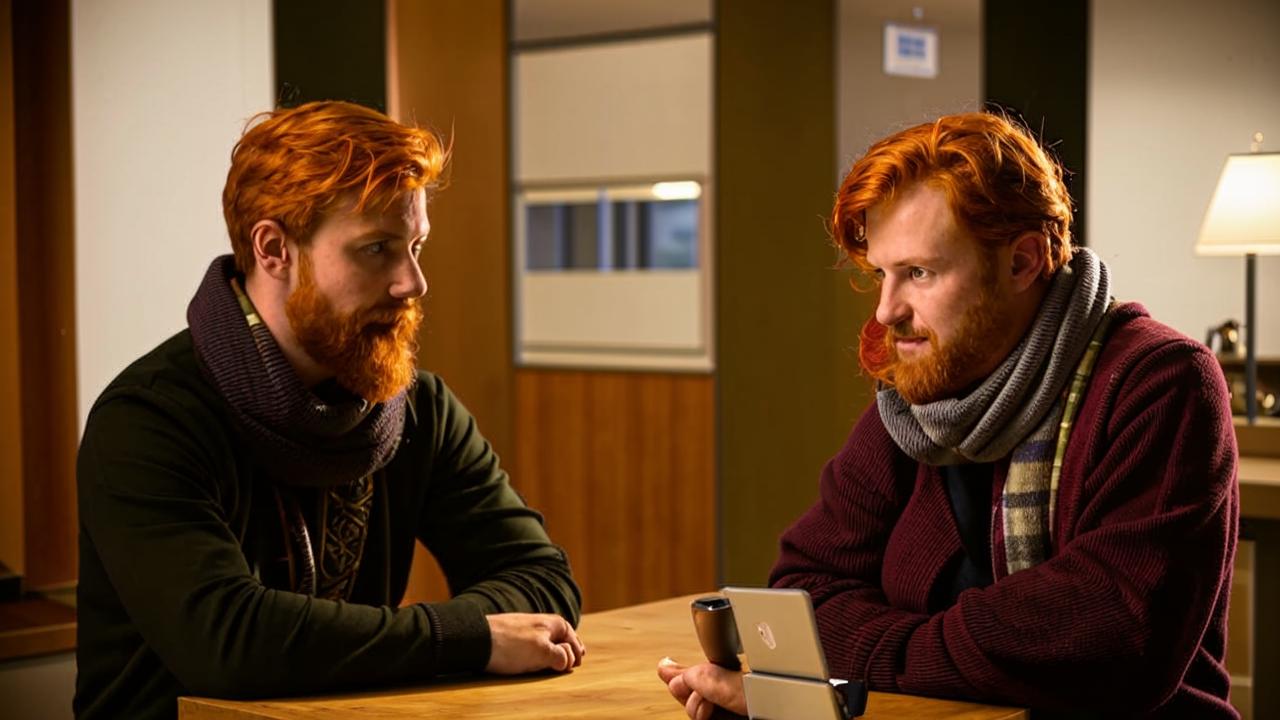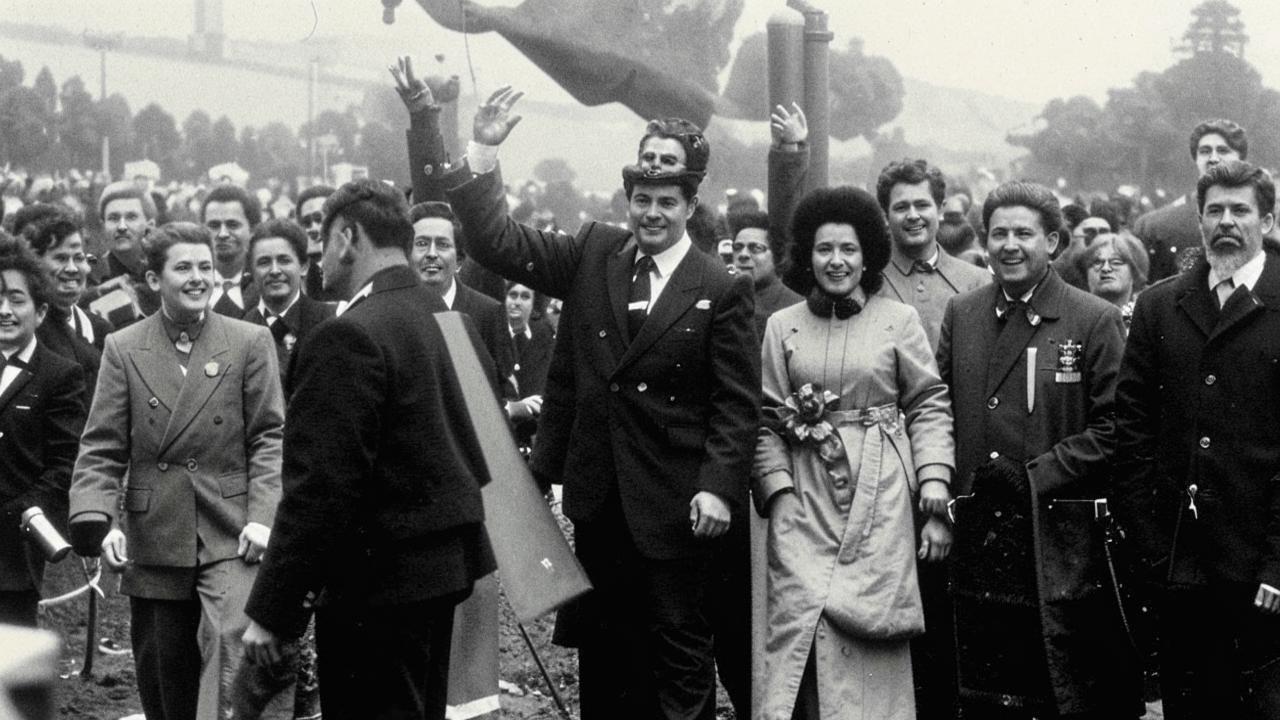A good family movie is like psychotherapy. It helps to rethink almost any situation between a husband, wife and their children, and not only. The main advantage of such a movie is that the viewer sees his or her problem from the outside and gets “food” for thought.

culturologist, writer, film critic, head of cultural projects at Oliva Group Company
Often, along with new thoughts, movies provide ready-made recipes for family happiness. We offer you five movies about family values that will make you think.
“Mother” (2009, South Korea, directed by Po Joon Ho)
A loving mother is capable of madness, and to this madness she is attracted by rationality. In South Korea, they believe that anything can be the cause of a crime. This is a movie with such an unbelievable yet realistic plot that the viewer will want only one thing – for it not to end.
In the movie, a mother is investigating and trying to get her son out of trouble. She is engaged in collecting physical evidence, but she does not turn into James Bond for a minute. The protagonist is difficult, resentful, bitter. All she has is her son. What choice does this poor woman have in this case? Only to turn the whole world upside down, but to protect her child. At the end, when the credits appear on the screen, the viewer will definitely want to answer the question – how would he or she act in the place of the mother? Absolutely, no one would want to be in the role of the main character, but who in this life chooses the circumstances? That’s the thing…

“Nader and Simin’s Divorce” (2011, Iran, directed by Asghar Farhadi)
On your way may meet one person who creates big problems. In the life of the protagonist such a person was his wife.
Under a plausible pretext, she managed to add a headache to her husband, without which it would be better to do without. Director Asghar Farhadi in his picture noted that it is inappropriate for a woman to show selfishness, if the spouse is interested in the well-being of the family, despite personal dramatic events. It is also inappropriate for a woman to separate father and child, especially if they get along well. It is also inappropriate to insist on going abroad if a helpless sick old man is left behind in the country.
When the wife states: “Your father doesn’t care who takes care of him! He doesn’t remember you,” the husband responds by finding amazing words, “But I remember that he is my father!” It doesn’t matter that someone else perceives us differently in some way. It is much more important how we ourselves perceive that person.
The movie is extremely dynamic. Divorce, caregiving, trying to get out of poverty, losing a child, lawsuits – this is the background of how a man starts lying about little things and then his little lies turn into big problems. Lies and selfishness can shake the well-being of any family, and the task of each participant in family relations is to stop in time.

“Pelican” (2011, France, Greece, directed by Olivier Orle)
At first, the viewer is immersed in the beauty of the area where the events unfold, and then he is imperceptibly embraced by the story. There is an assumption that Olivier Orle’s movie is about many of us, because the pelican is not only the main character’s bird, but also an echo of our childhood dreams, of the unintended joy that we found only when we were supported by people close to us.
After the death of his beloved wife, the boy’s father turned away and stopped participating in his son’s life. But if life had little meaning for the grown man, the boy’s own joy was a pelican, which he raised in secret from his father. One day the bird has an accident, and then the boy himself loses the meaning of life.
The director’s logic is as follows – if there was no pelican in the boy’s life, it would have been worth inventing it, because the very misfortune became the starting point for the establishment of relations between father and son.

“A Woman Comes to the Doctor” (2009, Netherlands, directed by Reinu Urlemans)
When two people are in love with each other, they think it will always be like that. But what if the happy family life is interfered by cancer of one of the spouses? What will the other partner in the couple do to save them? Movie director Reinu Urlemans shows the viewer not the standard struggle for life in hospital conditions, but the drama in the relationship, which is the main reason for the collapse of any connection.
It would seem that many dead-end issues can be solved by divorce, but it did not become this only solution, for the main characters never approached it. If at the beginning of the movie you can observe a happy family, at the end it becomes obvious that then, when the story just began, the heroes had no happiness at all. While the viewer will watch the picture, he will realize what the reason is and why any unhappiness only increases the family “skeletons in the closet”.
But that’s not even the point. The main thing that can be taken from this movie: to appreciate life, to catch the moment, to love, despite the domestic conflicts and difficult circumstances.

“Vanity of Vanities” (1979, USSR, directed by A. Surikova)
This movie gives a very meaningful answer to the question of how to keep a relationship with a man or for what reason he can leave his wife.
When Boris Ivanovich, skillfully played by Frunzik Mkrtchyan, was offered a promotion at work, he decided to consult his mistress and his wife. The mistress was indifferent: if you want it, go for promotion, if you don’t want it, don’t go. The wife, on the contrary, supported her unfaithful spouse with great interest, saying unequivocally: “Go, definitely go for promotion!”.
This unequal reaction was enough reason for Boris Ivanovich to want to return to his wife and daughter. The moral of the movie is that the husband, as well as the wife, it would be good to be interested. How is he or she doing outside the house?

Not only movies, but also books, including children’s books, make us think about life. Of course, over time, we rarely return to children’s literature. And very in vain, because it can push on very sensible thoughts. In this article, we have collected several quotes from books that will be useful not only for children, but also for adults.






